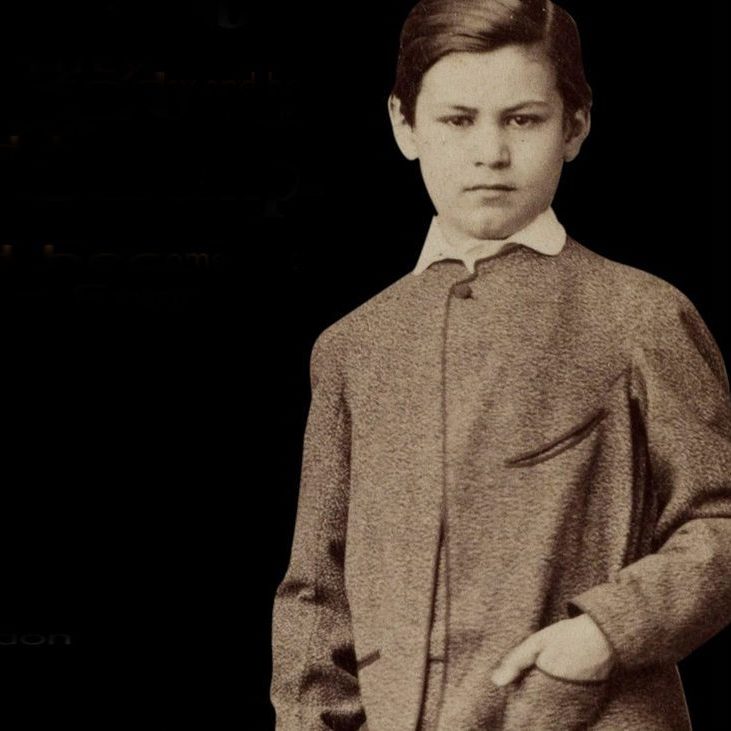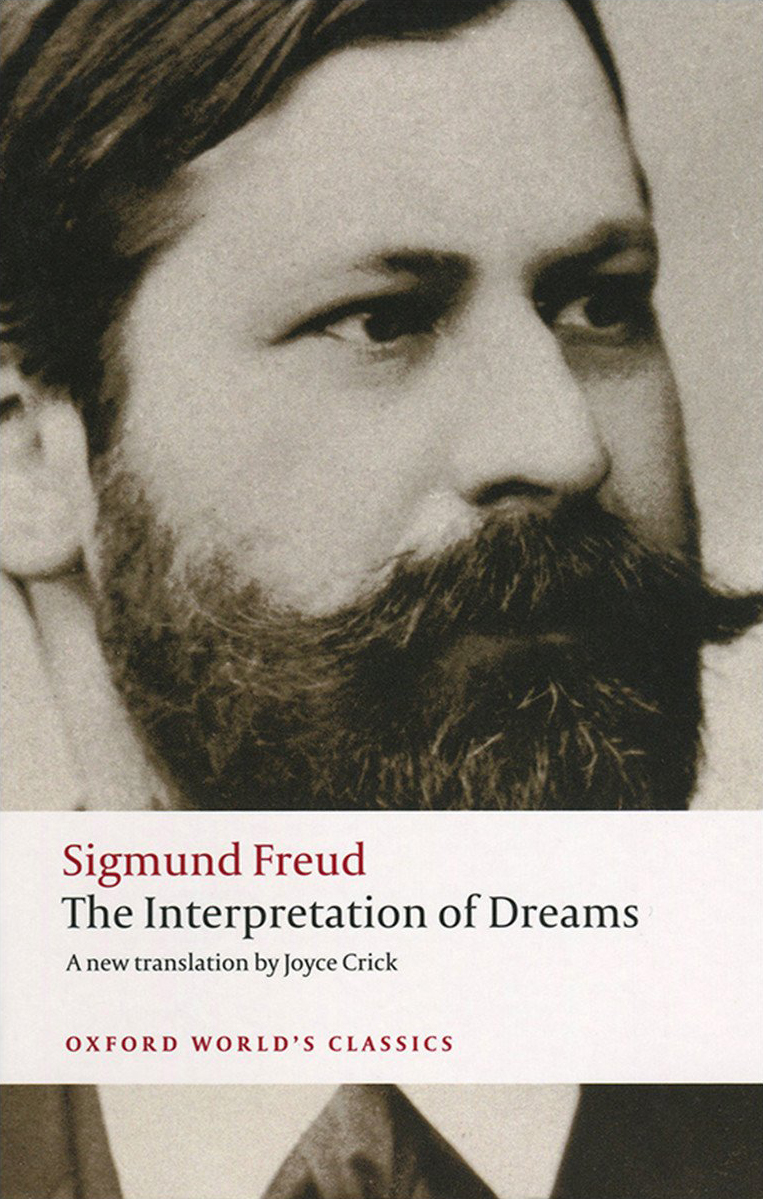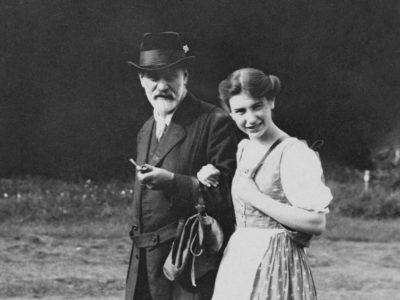Dreams typically fulfil several wishes at once.
“To our surprise, we find the child, with its impulses, living on in the dream.”Sigmund Freud
While some of the latent dream wishes are drawn from recent experiences, others date back to earliest childhood.
Therefore, dreams have two sources for their construction:
- Happenings in the present (the residues of the previous day – little upsets or unfulfilled wishes that we have not been able to deal with from the previous day)
- Happenings from the distant past (wishes from childhood that have become repressed).
Childhood wishes form the foundation for more recent wishes.
A man dreams he is driving a bus. Free association brings out the following latent content:
- “I missed the bus yesterday and was late for a job interview”
- “My mother used to complain that my father would be “late for his own funeral”
Thus, at least two latent wishes have been stacked on top of each other: a recent wish (to have been on time for the interview) and a childhood wish (to not be “late for my own funeral” like my father).
It would be typical of dream logic to discover an even earlier wish, contradicting the second one: the wish to be “in the driving seat”: to be in the place of the father.
Freud argues that dreams are organised around forbidden infantile wishes.
The success of his method of dream interpretation led him to the discovery of the Oedipus complex.
The Oedipus complex is a drama of separation in which the child is forced to give up on some of its affectionate and hostile impulses towards its parents and siblings.
It involves the imposition of some fundamental rules:
- The prohibition against incest (the child cannot possess the mother and have her all to him or herself)
- The prohibition against parricide (the child cannot act on his or her murderous jealousy towards rivals, especially the father, or take their place as the mother’s love object)
The unconscious infantile wishes that are woven into dreams centre around this primal drama.
They use the unresolved events of our waking lives as a path to their expression in our dream lives. They are a constant psychical stimulus (tension) threatening to disrupt our sleep, which is dealt with (and dissipated) in the creation of a dream.
The same unconscious forces that are at work in our dreams are also present in our waking life.
Freud discovered the same forces and unconscious mechanisms at play in other ‘formations of the unconscious’, such as:
- Slips of the tongue
- Thoughts that occur to us ‘out of the blue’
- Mistakes
- Lapses in memory
Above all, he found them at work in the symptoms that tormented his patients: in their obsessions, phobias, anxieties, and in what he saw as the universal tendency of human beings to repeat distressing situations.
Discover more:

Previous chapter
The Dream-Work
Dreams follow their own kind of logic that Freud calls the 'dream-work'.

Related resource
The Wolf Man’s Dream
Analyse one of the most famous dreams in the history of psychoanalysis.




